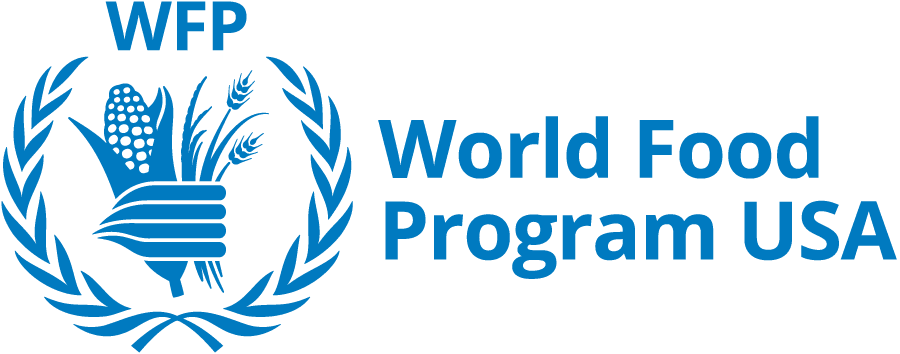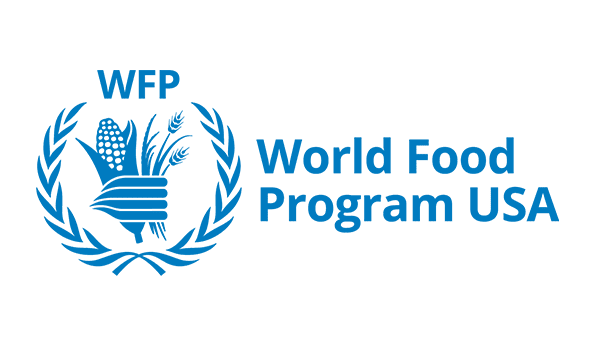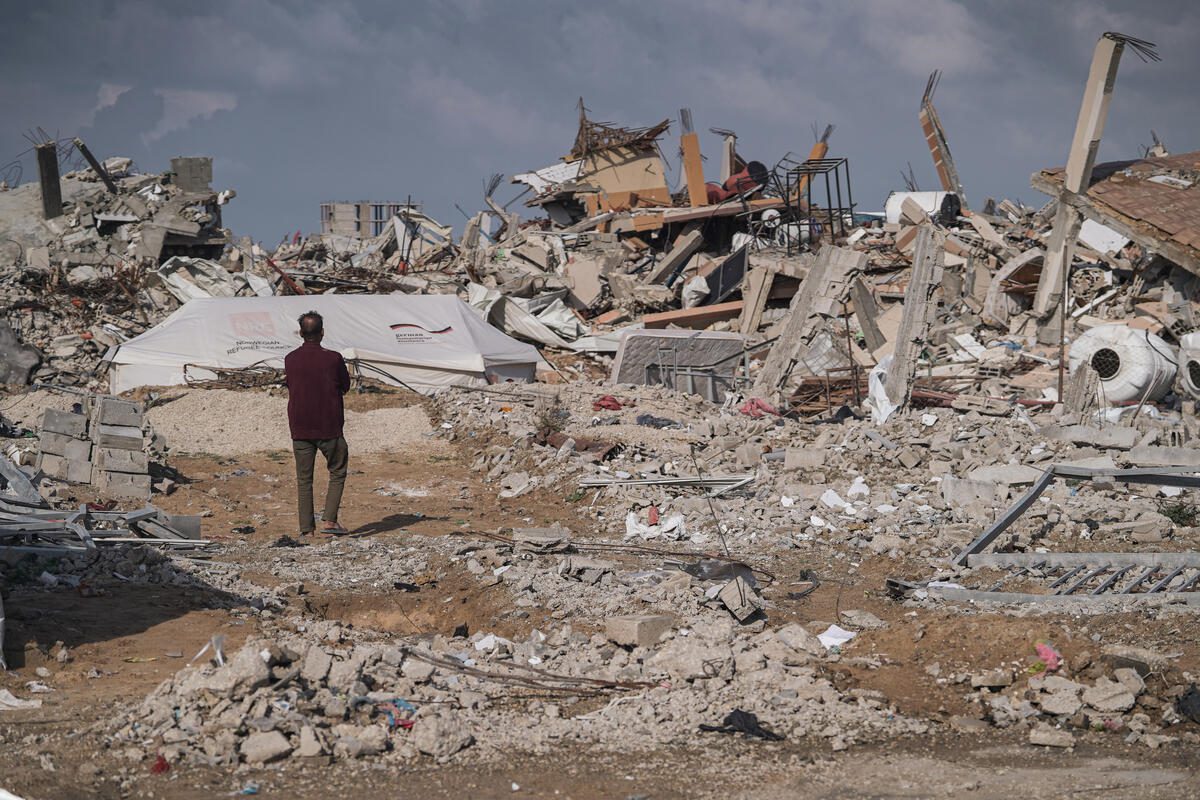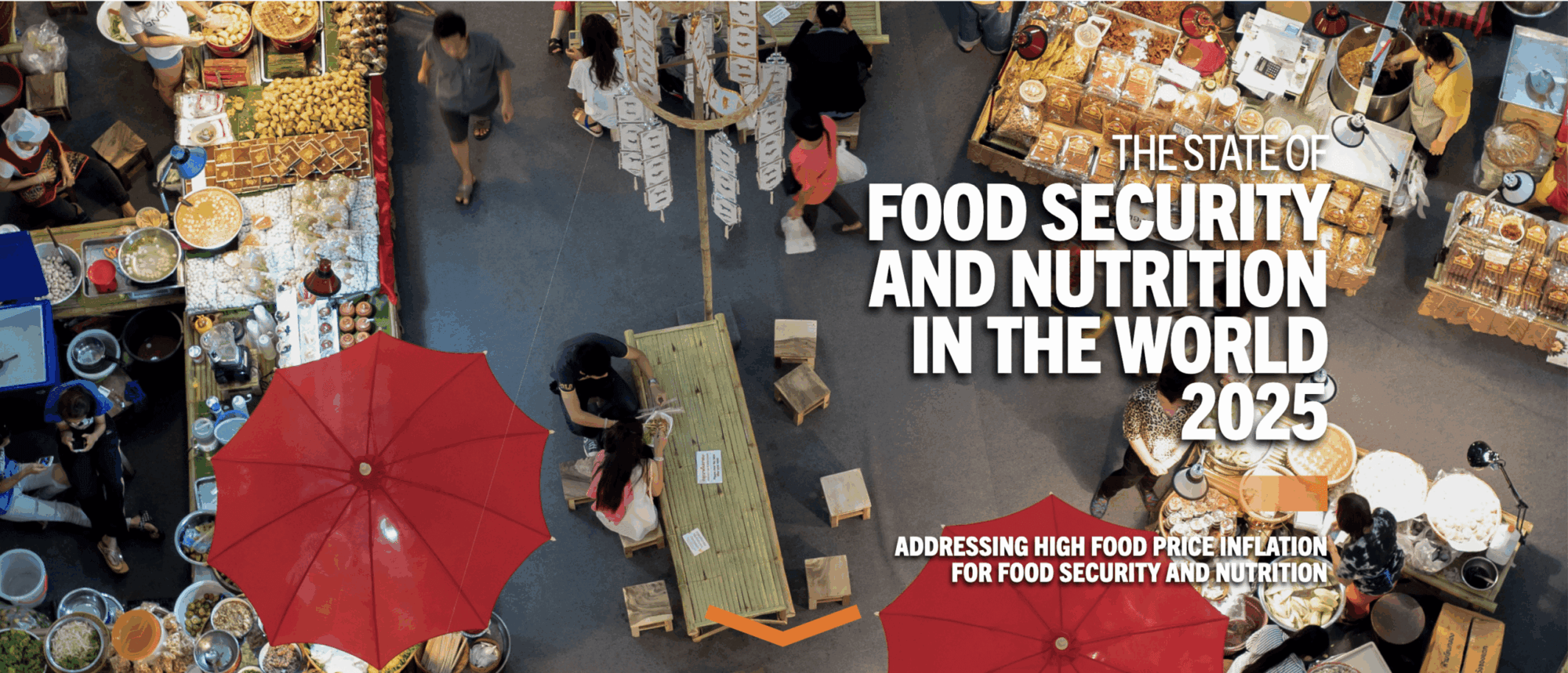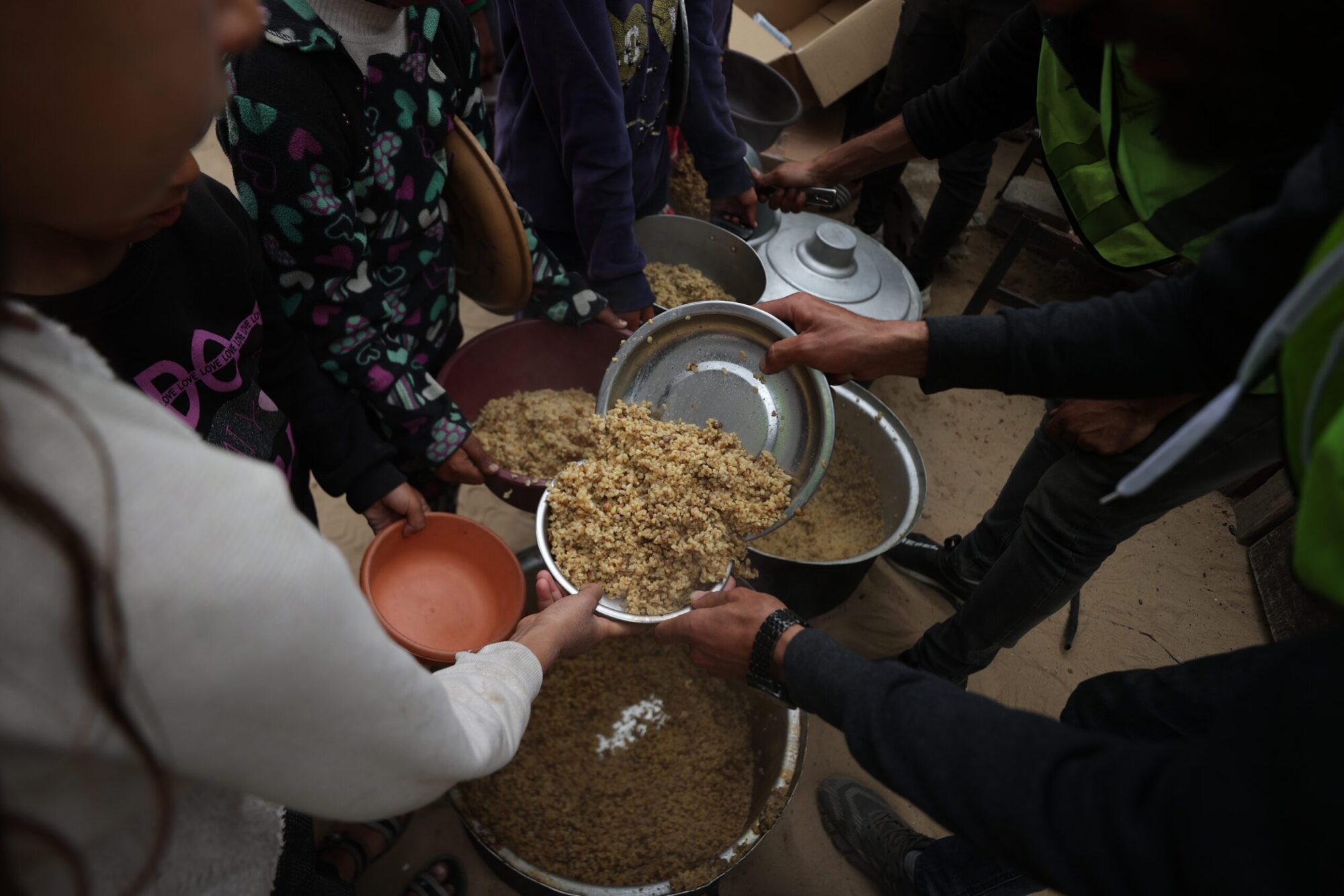ABUJA – More than 45,000 people received life-saving food or nutrition support in northeastern Nigeria in the last week through a new tactic by the World Food Programme (WFP) to reach those in the most remote, hard-to-access places hit by Boko Haram violence.
With support from UNICEF, WFP designed a Rapid Response Mechanism to supply food, nutrition and health support to people most in need in Borno and Yobe states by flying teams of specialists to remote areas where they stay up to six days. The assistance is then brought in by road.
The tactic targets areas where no humanitarian assistance has so far been provided or where access is severely limited or irregular.
“These missions help avert famine and aim to reach tens of thousands of hungry people stranded in remote areas or in areas difficult to access due to insecurity. They have gone without assistance — food or nutrition support — for months,” said Sory Ouane, WFP Nigeria Country Director.
In November, around half a million people received WFP food or cash in the northeast and nutritious supplements were given to nearly 100,000 children to fight malnutrition.
With 12 missions per month, WFP plans to provide food and nutrition support to nearly 300,000 people through the Rapid Response Mechanism – including children under five and pregnant and nursing women. Other organizations can join to complement assistance to the most remote communities.
UNICEF aims to treat children suffering from severe acute malnutrition; immunize children against common killer diseases; and work to improve water, sanitation, health and education.
Some 4.6 million people are going hungry in northeastern Nigeria, of whom nearly two million need urgent humanitarian assistance. In some areas, more than 50 percent of children under the age of five suffer from moderate acute malnutrition or severe acute malnutrition.
“Hunger and malnutrition rates have improved considerably in areas that became accessible in the past months so that together with the Government and other partners, we were able to intervene,” said Ouane. “Our teams will carry out emergency missions as long as needed.”
Since August, the number of people in an emergency phase – needing urgent food assistance – has nearly doubled, from about 1 million to 1.8 million people in Borno and Yobe states, according to the latest food insecurity assessment (Cadre Harmonisé, November 2016).
The rapid response missions are part of WFP’s larger response plan – to gradually scale up to reach 1.2 million people with urgent food/cash and nutrition assistance throughout 2017. WFP requires US$108 million over the next six months to continue to scale up its response.
# # #
WFP is the world’s largest humanitarian agency fighting hunger worldwide, delivering food in emergencies and working with communities to build resilience. Each year, WFP assists some 80 million people in around 80 countries.
For more information please contact (firstname.lastname@wfp.org:
Adel Sarkozi, WFP/Dakar, Mob. +221 776375964; adel.sarkozi@wfp.org
Jane Howard, WFP/Rome, Tel. +39 06 65132321, Mob. +39 346 7600521;
Gregory Barrow, WFP/London, Tel. +44 20 72409001, Mob. +44 7968 008474;
Gerald Bourke, WFP/New York, Tel. +1-646-5566909, Mob. +1-646 525 9982;
